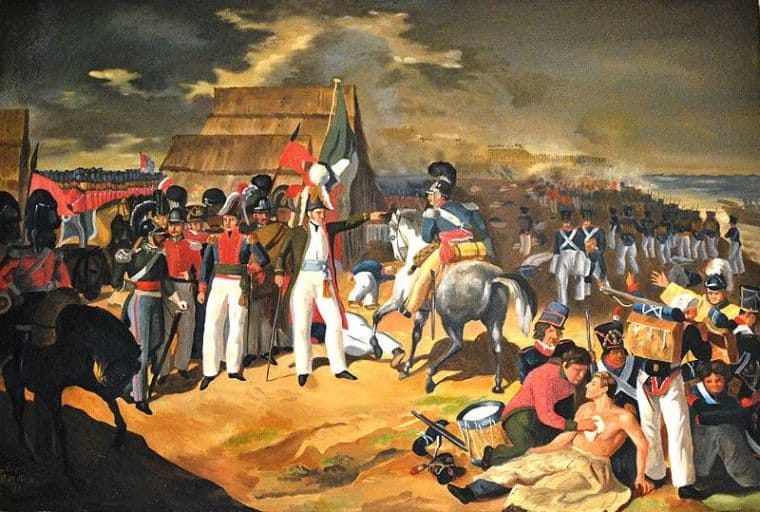Feliz Cinco de Mayo!
No, it's not just a drinking holiday. And it may have changed the history of the world.
by Rod D. Martin
May 5, 2016
Cinco de Mayo is more important than you probably realize. And in some respects, it is more important for us as Americans than for our genuinely heroic neighbors to the south.
Oddly enough, in Mexico the day is barely celebrated. While public schools are closed in its honor, it is not a national holiday. And in America, despite being celebrated in California since the 1860s, Cinco de Mayo would be virtually unknown here if beer companies hadn’t popularized it beginning in the 1980s. Hardly anyone can tell you why it matters.
So I will.
From 1858-1861, Mexico was wracked by civil war (the Reform War, as it was called). In the aftermath, exhausted and bankrupt, the Mexican government found itself unable to pay its debts to European lenders.
Under normal circumstances, this might have been a relatively minor crisis. And in fact, Britain and Spain sent naval forces and troops to Veracruz, negotiated a settlement and withdrew, more or less business as usual for the m…




